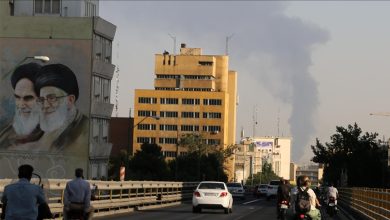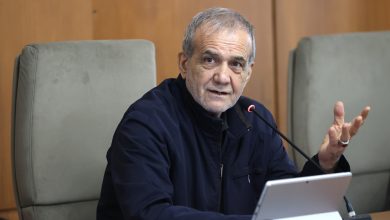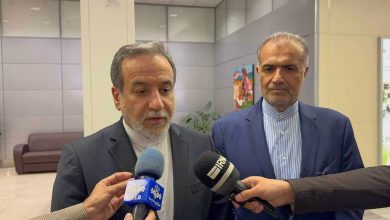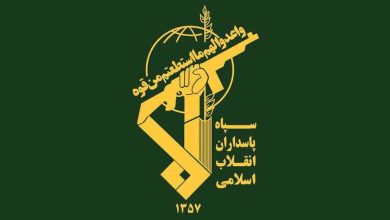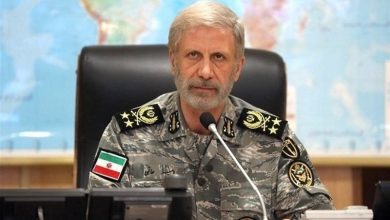Iran Cautions US on Consequences of Fresh Sanctions Impacting Indirect Negotiations
Iran has issued a warning regarding the potential repercussions of the United States' contradictory actions and provocative stance during the ongoing indirect negotiations between the two nations. This comes as Washington has implemented additional sanctions on Tehran.
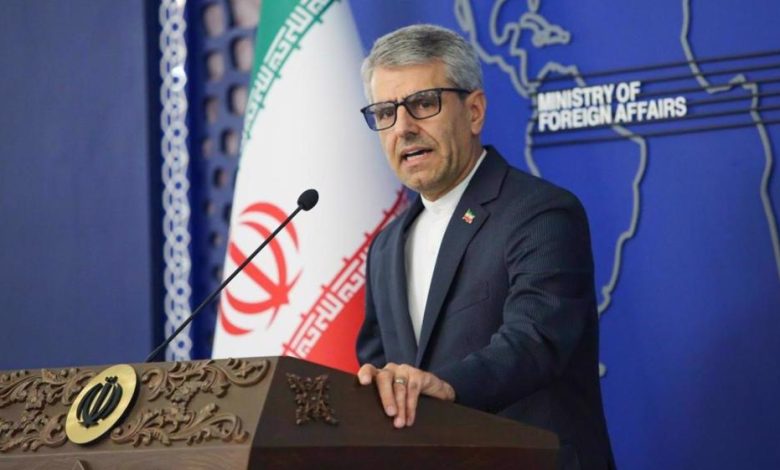
A statement issued on Thursday by Iran’s Foreign Ministry spokesperson Esmaeil Baghaei followed the US State Department’s decision to impose sanctions on seven entities located in the UAE, Turkey, and Iran for their involvement in trading Iranian petroleum and petrochemical products.
Recently announced sanctions targeting both Iranian and non-Iranian individuals and entities have been described as a strong indication of American policymakers’ persistent efforts to contravene international norms and infringe upon the rights and interests of other nations. This move is also perceived as an attempt to undermine friendly and lawful interactions among developing countries through economic coercion, according to statements from officials.
The sanctions represent the most recent measures enacted by Trump’s administration against Iran. These actions follow the reimplementation of the maximum pressure campaign on Tehran, which began in February.
Trump, who withdrew from the 2015 nuclear agreement with Iran and several other nations in 2018, reinstating stringent sanctions on the Middle Eastern country, has consistently advocated for diplomatic efforts to forge a new accord with Tehran.
The new sanctions coincide with ongoing discussions between the two nations in Oman, as another round of negotiations is scheduled to take place in the coming days.
Baghaei criticized the sanctions, stating they align with the unsuccessful and punitive strategy of maximum pressure against Iran, illustrating the inconsistent stance of American policymakers and their purported absence of goodwill and commitment to diplomacy.
He stated that the accountability for the repercussions and damaging effects stemming from the inconsistent actions and provocative remarks by U.S. officials concerning Iran will lie with the United States.
Baghaei highlighted the United States’ “extensive history of hostility towards the Iranian populace, citing actions such as economic sanctions and interference in Iran’s scientific, economic, and technological advancement. These actions have fostered a profound sense of distrust and suspicion among Iranians towards the US.”
The spokesperson reiterated the Iranian nation’s resolve to oppose U.S. tactics of intimidation and pressure, expressing their commitment to employing all available resources to persist in Iran’s pursuit of dignified development.
Facilitated by Oman, Iran and the United States have engaged in three sessions of indirect negotiations, held in Muscat and Rome on April 12, 19, and 26, aimed at reaching an agreement concerning Iran’s nuclear program and the lifting of sanctions on Tehran.
Both parties have expressed satisfaction with the progress of the negotiations, describing the discussions as “positive” and “advancing.”
The fourth round of negotiations originally scheduled for Saturday in Rome has been postponed to a later date, according to a statement by Baghaei on Thursday. The decision to delay the talks was made following a suggestion from Oman.

